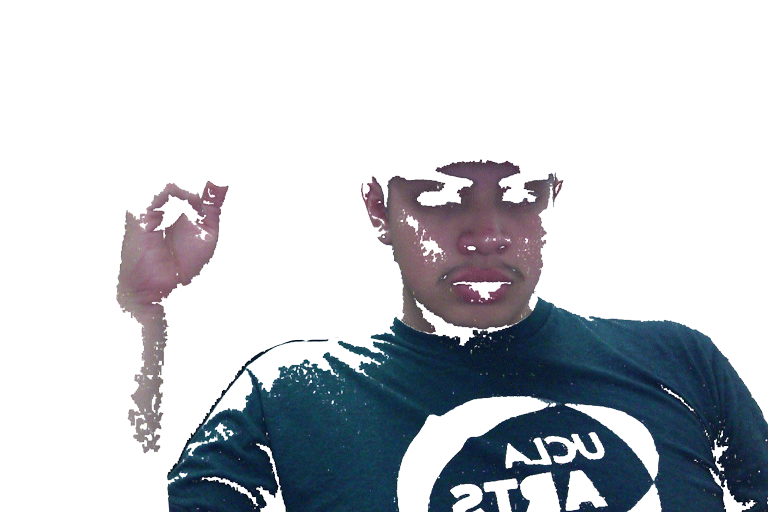My earliest memories of El Salvador are blurred, melted onto each other and reduced to two frames. I remember an intense brown that seemed to engulf the ondulating streets. A brown that permeated like an oily veil, that slithered across the broken streets, that lathered itself across people's faces. Conversely I also remember rain, a lot of it. I remember deep greens juxtaposed against the stone grey clouds, that occasionally flashed as lightning ripped thru them.
This is my starting point.
Just as existentially I have been digging into my memories to find answers, or even clues as to what it means to be Salvadorian, I have been looking for such representations in the physical world.
what is salvadoran?
what is salvadorian?
what is salvadorean?
what is un salvadoreno?
what is salvadoran?
Of course I have known. I have lived it, and will continue to live it and define it as I go.
But it has been a battle. Just as I have battled time: in remembering my early years spent in El Salvador, I have battled to define and affirm an identity that is Salvadorian. Disregarding the small amount of Central American Hubs that sparsely populate around the Downtown Los Angeles area, it has been a Mexican or Chicano Discourse that has dominated the visual, intellectual and urban landscape of Los Angeles. As a kid I would sometimes tell my classmates I was Mexican, or at least half Mexican. There was an undercurrent of shame that ran with claiming that a Salvadoran Identity. Even more recently, as I navigated my time in academia when I got Introduced to decolonial politics and ethnic studies it was under the frame of a Chicano Identity. And indeed for a moment I did in fact identify as a Chicano.
I will not deny that growing up in South Central, Mexican facets of Identity did impact how I perceive myself. I talked like the Mexican kids, I went to Mexican Churches, I know the Story of Juan Diego, I listened to Mexican and Mexican American pop divas.
But I refuse to accept Mexican Identity as an answer. It is nothing but a re-enactment of the self-erasure I committed as a child.
And as generations of the Salvadorian diaspora matures, we owe it to ourselves to acknowledge our own particular history, to define our current condition, and to imagine an alternative future. And furthermore to develop a Language to speak and think critically about ourselves.
The advent of the internet Age has allowed for connections across diasporic communities, in both the local and global sense. Sites like Tumblr, Facebook, and Twitter have facilitated communication networks amongst the widespread Salvadoran Community.
More personally, this hyperconnectivity has allowed me to have conversations with other Salvadorans pertaining to issues around Central American racial constructions, queerness, Salvadoran Art History amongst other contemporary issues. And it provides a community in the digital space so as to close the geographical gaps in between us.
This is the departure point.

